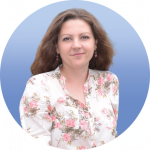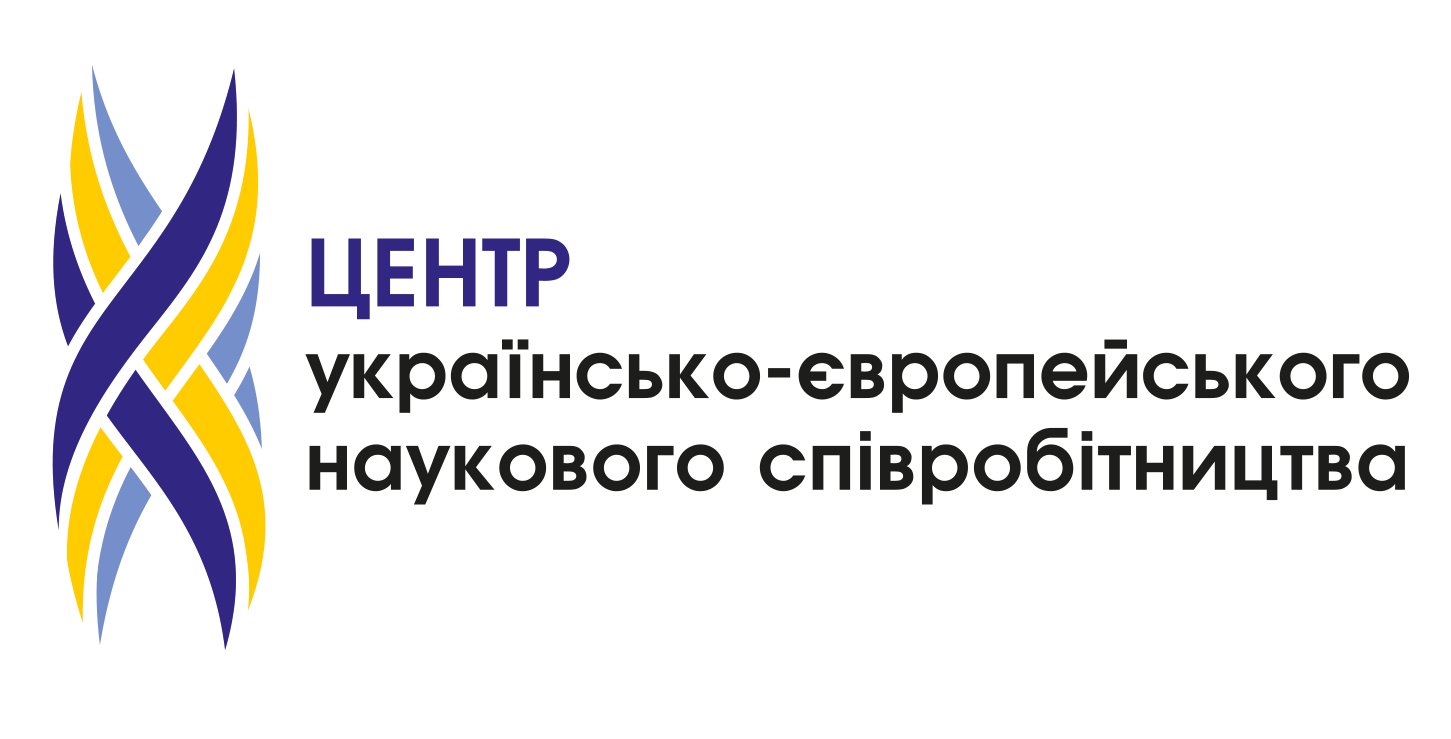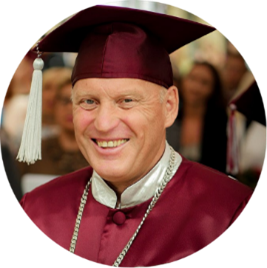 ISMA University of Applied Sciences
ISMA University of Applied Sciences
Scientific and pedagogical internship
BASIC CONCEPTS OF TRAINING TEACHERS AND PSYCHOLOGISTS FOR PROFESSIONAL ACTIVITY
January 27 – March 9, 2025
Riga, the Republic of Latvia
Download the newsletter
Internship Program
Academic staff of higher education institutes, research associates of scientific establishments, doctoral candidates, postgraduate students, applicants, students, are invited to participate in the internship in the field of pedagogical and psychological sciences.
Workload of the internship has 6 credits ECTS (180 hours) and distributed 6 hours each day for 6 business weeks.
Every internship participant receives a certificate of completion of a scientific and pedagogical internship (in two languages with the specification of the hourly program) and a printed collection of abstracts.
The certificate of completion is a document confirming completion of the scientific and pedagogical internship in a scientific institute of EU country and which is necessary for obtainment of academic rank of Associate Professor, Professor and Senior Research Fellow, according to paras. 2.1, 2.2, 2.3, 2.5, 2.7 of Procedure for awarding degrees to academic staff (given the latest amendments under the Order of the MES of Ukraine No. 322 dated 17.03.2021) as well as for licensing and accreditation of educational services.
REGISTRATION PROCEDURE
Form of participation: distant.
1) participants should fill in an application form and send abstracts meeting the scope of activities at an education or research institution of Ukraine to ped@cuesc.org.ua before January 22, 2025 (inclusively);
2) send a scanned copy of payment confirmation of the organizing fee after receiving payment details.
RE: FOR INTERNSHIP IN PEDAGOGICAL AND PSYCHOLOGICAL SCIENCES.
NB! Participation in the scientific and pedagogical internship without research and methodological report is impossible.
On March 31, 2025, the collection of abstracts and certificates will be sent to the participants at the postal addresses indicated in the form.
HEAD OF ORGANISING COMMITTEE
Romans Djakons – Doctor of Engineering, Professor, Academician, Chairman of the Board of ISMA University of Applied Sciences.
ACADEMIC INTEGRITY
The Organizing Committee guarantees high-quality anonymous peer-review of each contribution. All internship abstracts are subject to checking for plagiarism using StrikePlagiarism.com by the Polish company Plagiat.pl.
ZOOM LECTURE
English Zoom lecture is planned under the framework of the internship. All participants of the internship receive a link to the online lecture after covering the internship fee. The lecture will be saved.
 Date and time: 17 February, 10:00 (Kyiv time).
Date and time: 17 February, 10:00 (Kyiv time).
Topic: “Innovative technologies in teaching”.
Speaker: Viktoriia Riashchenko, Dr.oec, prof., expert of academy science of Latvia, director of the study program Business administration of ISMA University of Applied Sciences.
PROHIBITION ON USING THE AGGRESSOR STATE’S SCHOLARLY PAPERS
Languages: Latvian, English, and Ukrainian. It is prohibited citing and including in the reference list Russian-language publications published in any country, including papers written in other languages but published in russia and belarus.
REQUIREMENTS FOR ABSTRACTS
Pay attention to the fact that the topic of the scientific and methodological report should concern the peculiarities of the training of pedagogical and psychological scholars, the system of higher education in Ukraine and the EU, the formation of knowledge and skills of educators and psychologists etc.
- Volume – from 2 to 5 pages А-4 exercised in Microsoft Word for Windows 2000, 2003, 2007; 2010; 2015; 2019.
- Type font – Times New Roman, size – 14; line spacing – 1,5; first line indent – 1,25 см; fields – 2 см.
- Sequence of materials in abstracts: title (capital letters, font – semi-bold); author’s surname and initials (font – semi-bold); academic degree, rank (if any), post, place of employment (study); text.
- A file should be titled in accordance with participant’s surname and initials (for example: Stetsenko L.P._abstracts).
- References (without repetitions) are at the bottom of the text taking into account the National Standard of Ukraine DSTU 8302: 2015 “Information and documentation. Bibliographic reference. General principles and rules of composition”.
- Citations in the text should be marked with numerical order of a source according to the list and page (pages) number, for example [5, p. 26].
- Language: Latvian, English, Ukrainian.
EXAMPLE OF ABSTRACT
Мультитаскінг як передумова емоційного вигорання викладачів
Сура Н. А.
доктор педагогічних наук, професор,
професор кафедри іноземних мов
Національний транспортний університет
м. Київ, Україна
Мультитаскінг – одночасне виконання кількох завдань [1, с. 121].
<…>
Література:
1. Мирончук Н. М. Основи самоорганізації у професійній діяльності : навч-метод. пос. Житомир : Житомирський державний університет ім. І. Франка, 2020. 133 с.
REPRESENTATIVE OFFICE IN UKRAINE
Center for Ukrainian and European Scientific Cooperation
 (according to the signed agreement on international cooperation with the ISMA University of Applied Sciences)
(according to the signed agreement on international cooperation with the ISMA University of Applied Sciences)
Contact person: Korobets Oksana Volodymyrivna – Coordinator of scientific events and projects on pedagogical and psychological sciences.
Telephone: +38 (068) 487 24 43
E-mail: ped@cuesc.org.ua
Web-site: cuesc.org.ua
Facebook: facebook.com/cuescinfo
YouTube: youtube.com/cuescinfo










